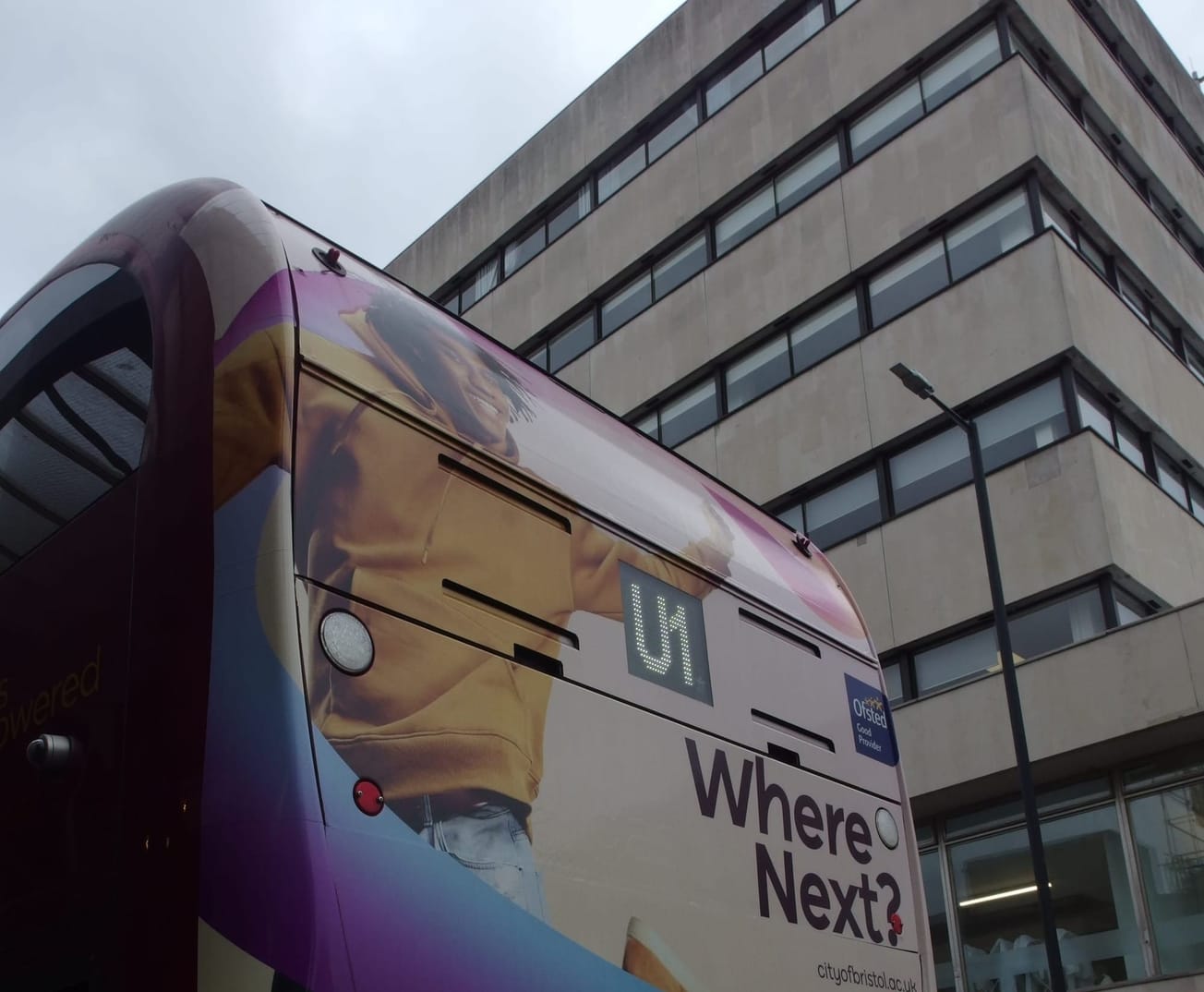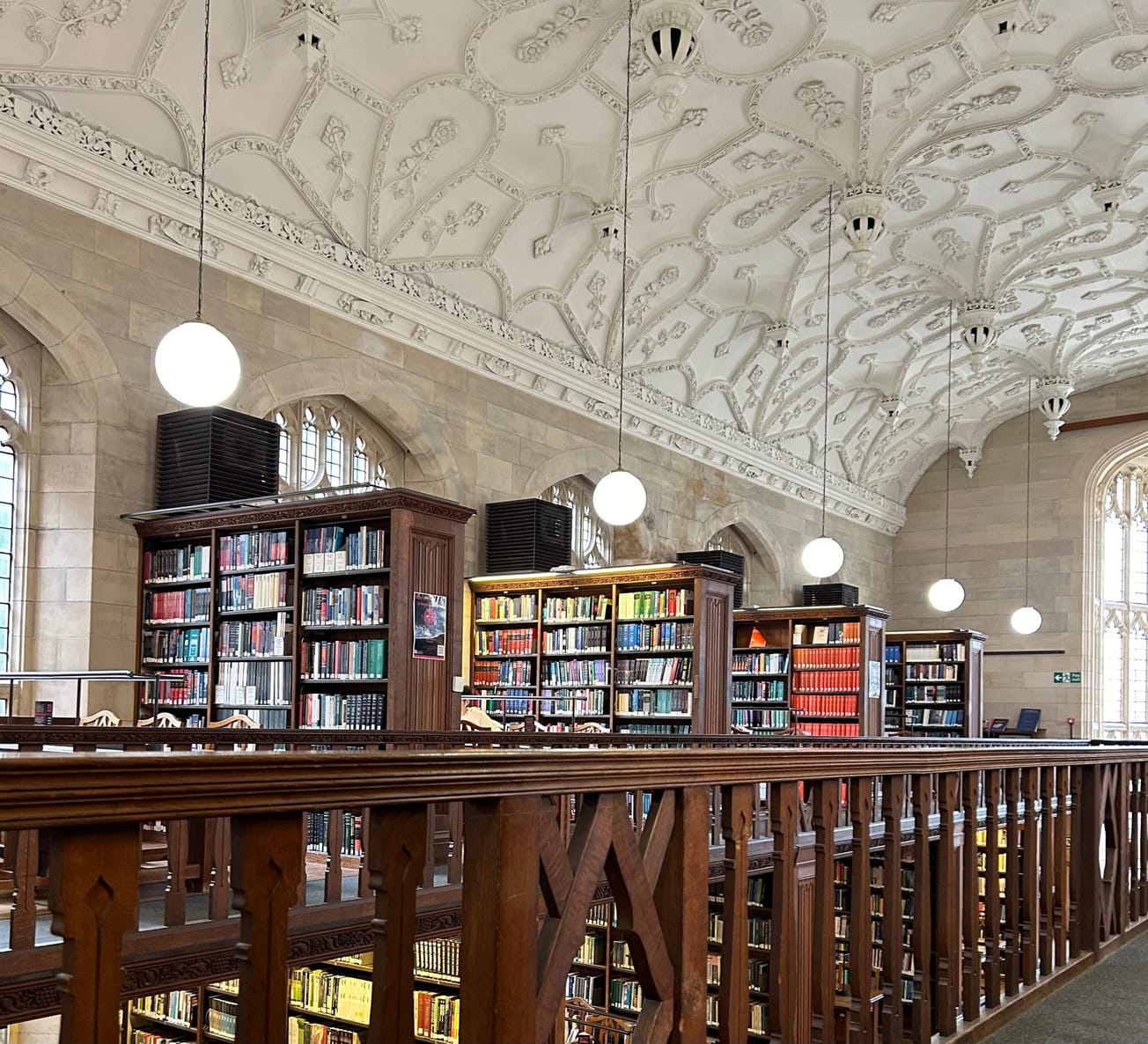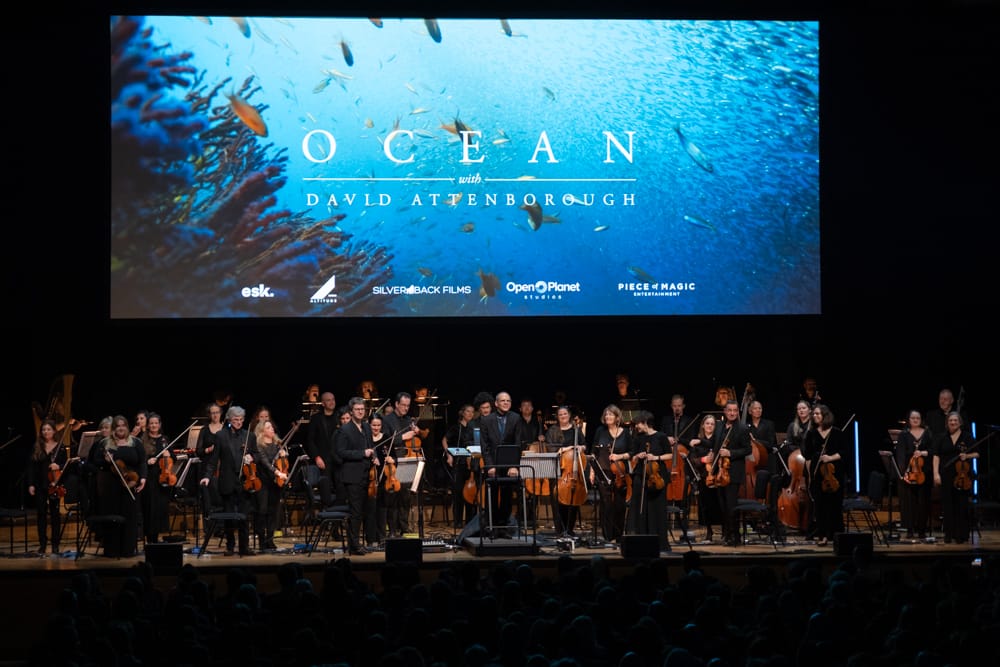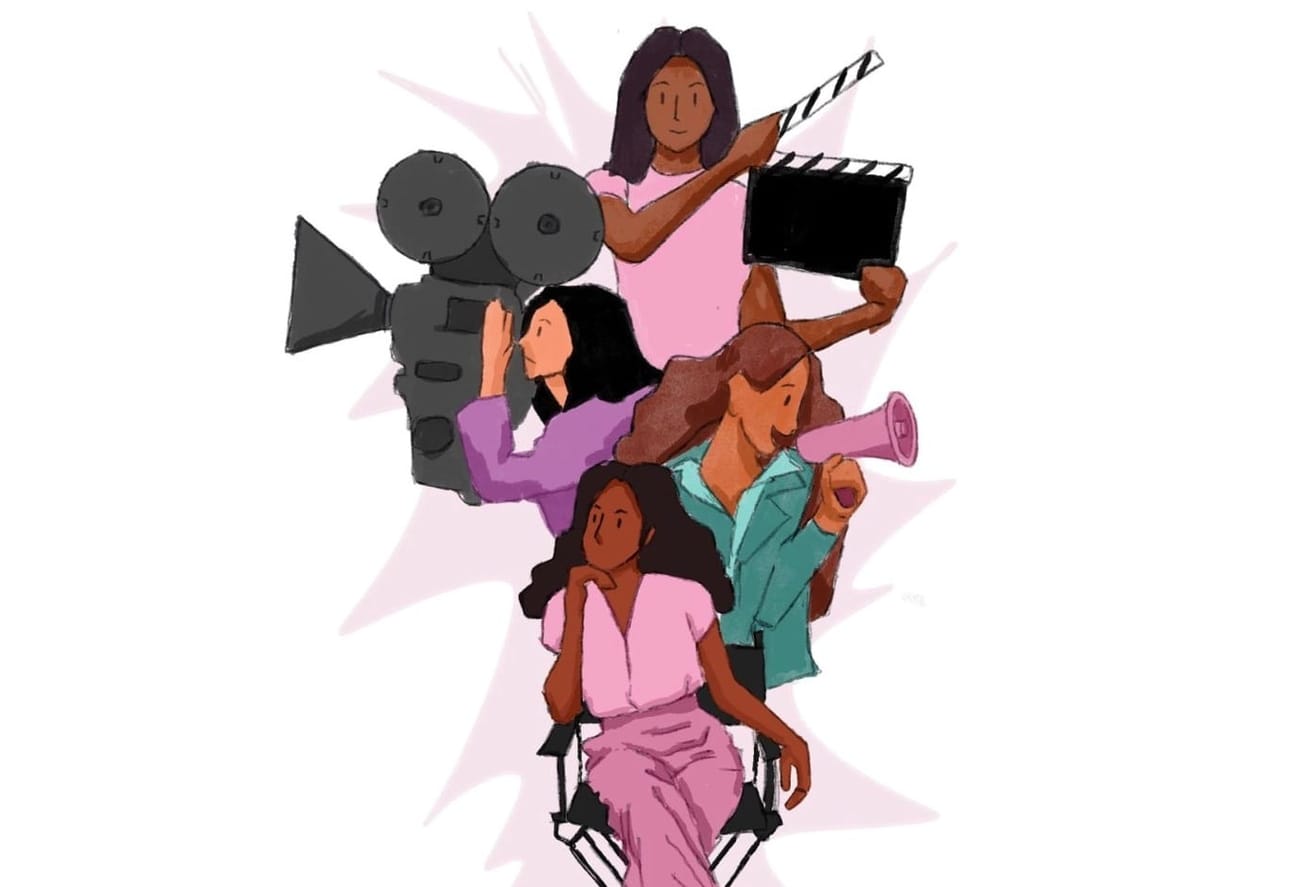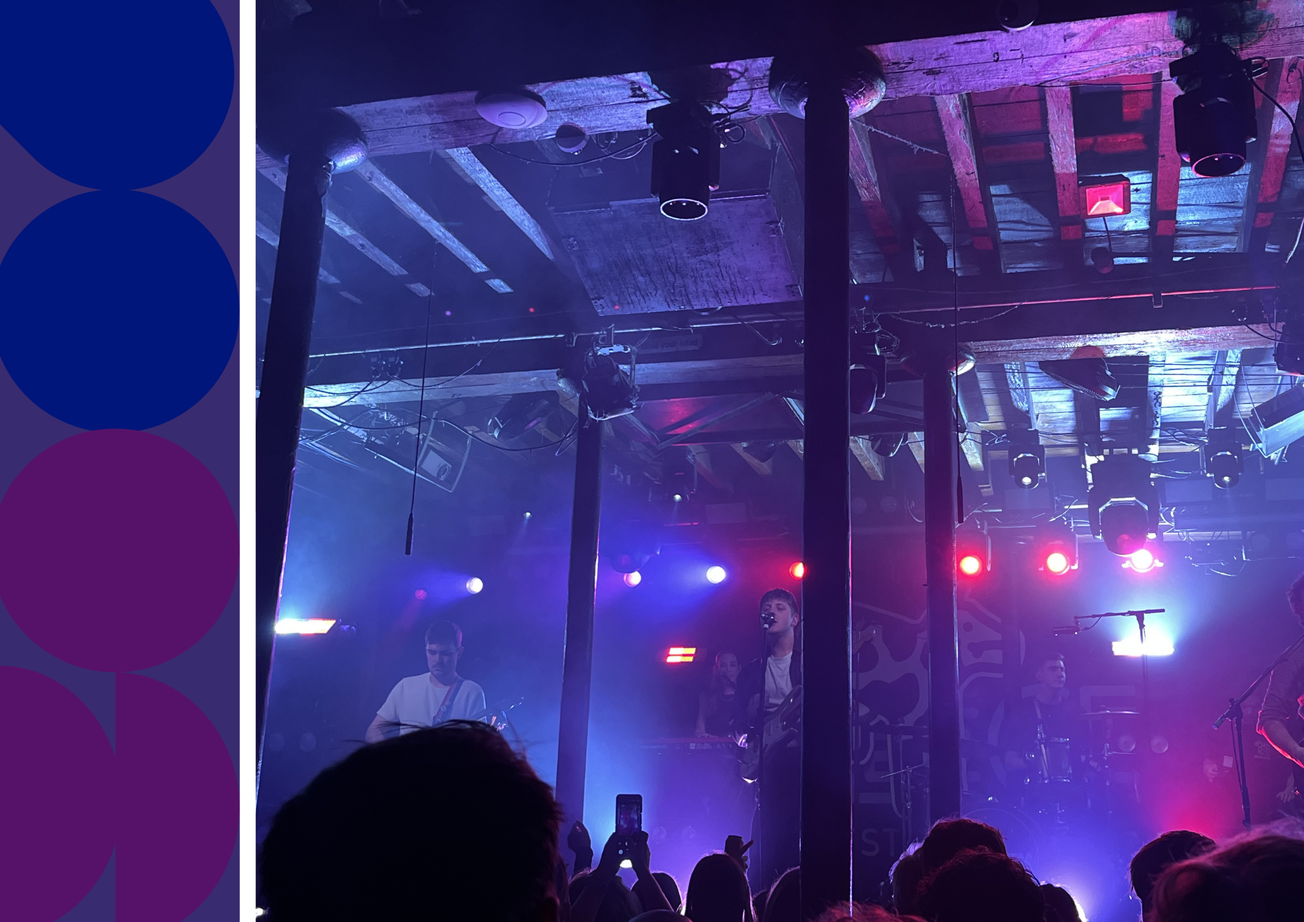By Owen Chennetier, Third Year History
Amid surveillance technology’s encroachment upon everyday social life, a University of Bristol student reflects upon their experiences with technologies that represent a market-obsessed and highly individualised society that most students have known their entire lives.
The anecdotal base of this rather dystopian rambling is contingent upon a rather strange part-time job. To pay for those pesky energy bills (and the occasional Triangle pilgrimage), I blow up zorbee bubbles and supervise often-hungover stag parties as they try to play football in them. Say what you will, but my CV will still say that I’m a sports event co-ordinator!

Anyway, it’s at Horfield Leisure Centre, where I oversee these… sports events… that I noticed a recent addition to a concerning trend of surveillance in society. As I entered the centre for my first shift since Christmas, I immediately realised that the reception had vanished.

Gone were the indifferent greetings of the very relaxed receptionists. In their place was what the centre described to the BBC as a reception ‘update’, part of a refurbishment to make it ‘fit for the future’. This mysterious disappearance was a symptom of a great irony: ‘Everyone Active’, the centre’s overseeing company, had now chosen to greet customers with electronic barriers, tucking the old-fashioned human reception in the left hand side of the entrance.
Note here that I say ‘customers’ – where once entrants were not required to define themselves and the legitimacy of their presence, a hard border has now been established between the deserving and the undeserving. To the centre, this corresponds to the conditionally accepted ‘customer’ and the intolerable (not just unwelcome) non-paying community member.

This change in the centre’s conception of space, perhaps seemingly insignificant to some, struck a chord with my Arts student brain (oh, what does it all mean?). The awe-inspiring ASS library built (in theory, at least) for us Arts students ‘greets’ entrants with a similar dystopia of unforgiving and unreliable e-gates that push the human worker to the sidelines.

As well as this, some Security Services posters have recently popped up across campus and in the ASS, warning of unwelcome (and non-paying) campus loungers not brandishing their cherished UCards or daring to enter through a university doorway after an accepted paying student.

Even we students are made to feel like conditional members of the university community, thanks to aggressive communications from the uni’s Check-in App warriors. All of this strikes me, having recently studied units titled ‘Capitalism’ and ‘Rage Against the Machine’, as an ever-broadening of the economically ‘intolerable’ sectors of society, enabled and represented by technology.
Before I start sounding like some jargon-prone and pretentious social commentator (we get enough of them in our seminar readings!), I’ll turn back to my Leisure Centre anecdote for some simple closing questions.
As I’d set up my holey zorbees (in the punctured, not Godly meaning, that is), I often found the schoolkids there rather irritating. They’d dash past the reception, excitedly open the back gate of the 3G football pitches and let their friends join them for hours-long football matches. Sure, it was sometimes irritating if I had to shoo them off a pitch I’d booked. But the reception ‘loophole’ (I label this retrospectively and nostalgically) provided a whole youth community with a good-quality space to engage with a sport they loved, to the minimal detriment of the pitches and of the centre by extension. Who knows what these kids would otherwise have been up to?
Sadly, that hypothetical question has now become a very real concern. The advent of the purportedly community-championing ‘enhanced access control’ of the refurbished centre has meant that the schoolkids now stand dejectedly at the back gate of the pitches. They have been branded as ‘intolerable’ for their terrible abuses of the leisure centre’s ‘community’ services.
How will they fill that time now, after school and on the weekends? Have they no place in the new vision of ‘Everyone Active’, if they have no bank balance to deserve it?
I’ll draw these musings to a close by tying the anecdotal back to our everyday student life. Next time you’re in the ASS, or anywhere on campus, look around for the Security Services’ posters. You may hate them for breaking up your freshers’ parties but take a moment to read the motto at the bottom of each one. It reads: ‘Together, we’ve got it covered.’
Behind this presentation of solidarity and inclusion, I ask: just how broad will the ‘intolerable’ sectors of society become, and should we do something before we’re at risk of joining it?


